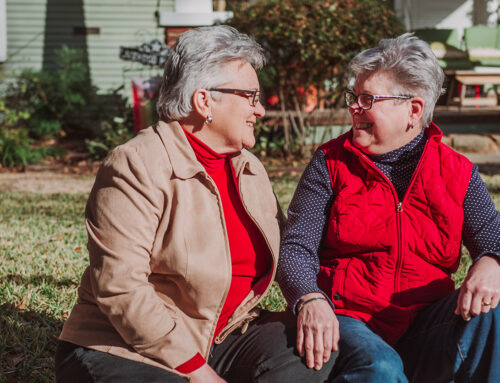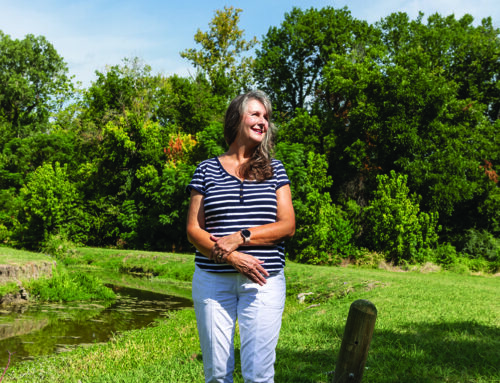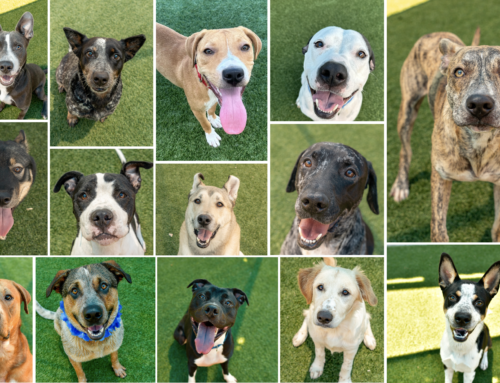Living with an old dog can be a challenge – dealing with arthritis, blindness and senility requires extra love and attention. But if your four-legged friend has been loyal and loving, it’s only fair to make his last years as comfortable as possible.
Determining if a dog is old depends on many factors. In addition to age, there is size, breed, pedigree, early medical history, diet and exercise to consider.
Some human ailments, such as arthritis, kidney disease, cancer, heart disease and diabetes, can also affect an aging dog. Veterinarians suggest checkups twice a year for early detection and treatment.
Here are some suggestions to help deal with an older pet:
- Personality changes. Some dogs keep their sweet, even temperament, but others may get grouchy. Keep their daily routines consistent, and avoid exposing them to high-energy situations or excitable young children.
- Senility and confusion. This can be one of the saddest things to witness. It happened to my mom’s Westie, Piper. He bumped into walls, had to nose around to find his water and food, and cried in the night because he awoke disoriented. Be gentle if this occurs. Your dog is probably frightened and needs a pat or hug.
- House-soiling. Loss of bladder or bowel control is also a frustrating part of dealing with an older dog. Be patient. Don’t discipline him – he can’t help it. Don’t withhold water: Dehydration can be physically damaging. Take time to learn his new schedule, and allow him to relieve himself frequently.
- Eating Habits. As your dog ages, it will become more sedentary and require fewer calories. Reduced-fat dog foods will give your pal the required vitamins and supplements he needs. If your dog is not finishing his food, he may have lost some of his sense of smell or taste. Try splitting the food into smaller portions, then serving his meals more frequently so he can digest easier.
- Loss of hearing or eyesight. These can be gradual, so you have to be observant. What may seem like disobedience on your dog’s part may be the loss of one of these senses.
- Exercise. If your dog has been active, there is no reason why he has to be a couch potato in his older years. Moderate exercise is good for both of you.
- And finally, the final decision. There is a phrase that goes, “It’s the quality of life, not the quantity.” If your pet is suffering, prolonging his life is not fair. Euthanasia is not an easy decision, but sometimes it’s in the best interest of your pet, and you and your vet must make that decision. If the dog has had many good years of love and care, there is no reason to feel guilty. Remember the happy times, and be proud of the long life you have given your pet.
I hope these tips come in handy. But remember, aging doesn’t have to stop your dog from living a full life. I recently received a letter from a reader who told me of his 13-year-old Collie/Brittany Spaniel mix, Mona.
Despite being totally blind the past two years, Mona is active, and they go for daily walks because neither of them is willing to let her blindness slow them down.
Through ingenuity and patience, the reader devised a system using verbal commands, a leash for direction and a piece of PVC pipe for noise to enable the two of them to continue their daily exercise.
SPCA’s Fur Ball will be Oct. 22 at the Fairmont Hotel. Follow the Yellow Brick Road to the “Land of Paws” and join honorary chair Loretta Swit, Channel 4’s Mike Burger and the Bill Tillman Band for an evening that will “Help the Other Homeless.” For information, call 651-9611, ext. 124.





